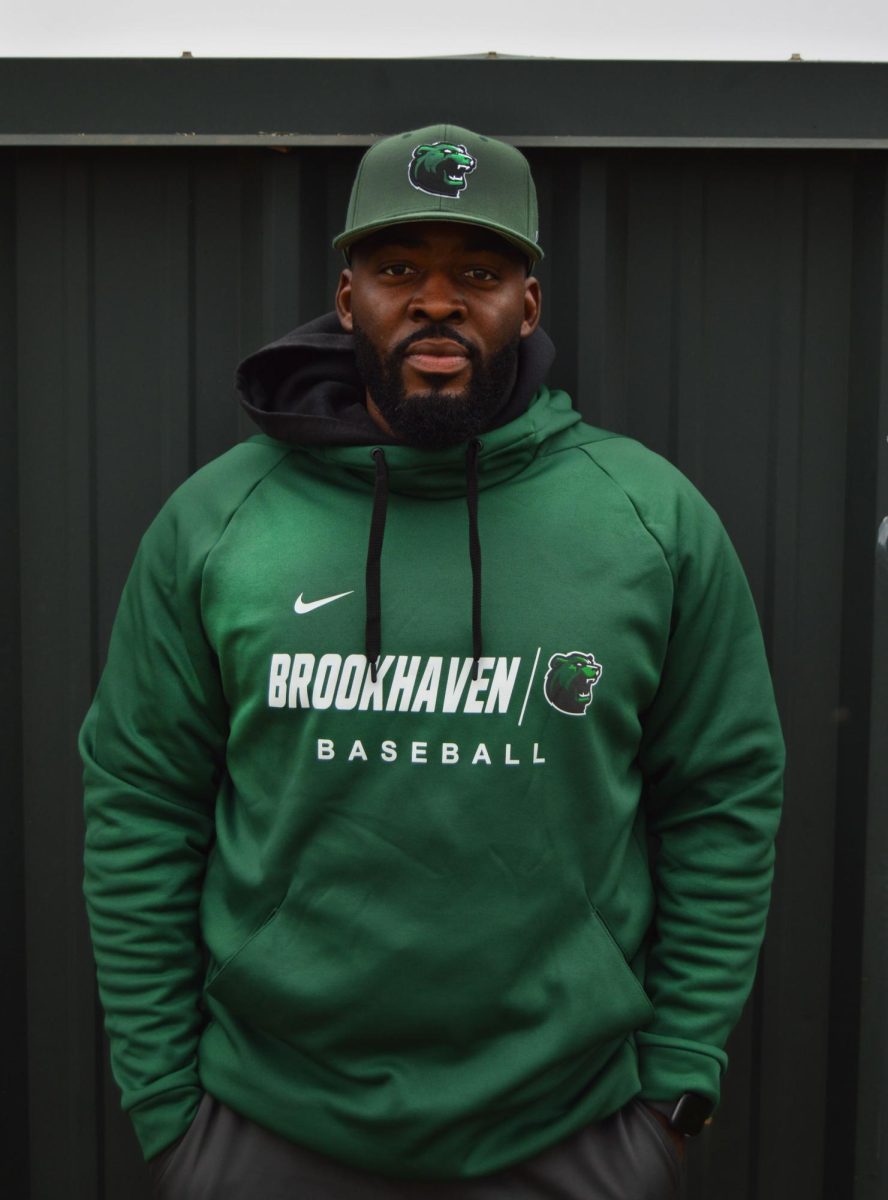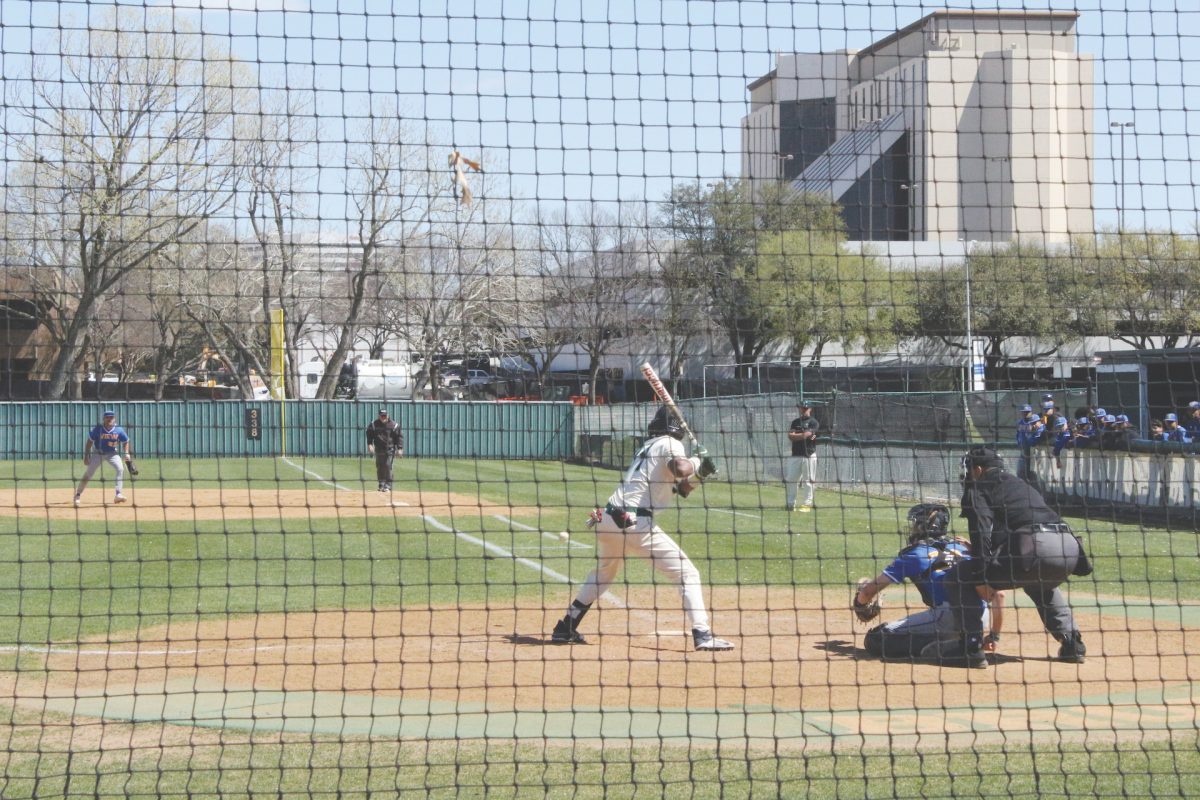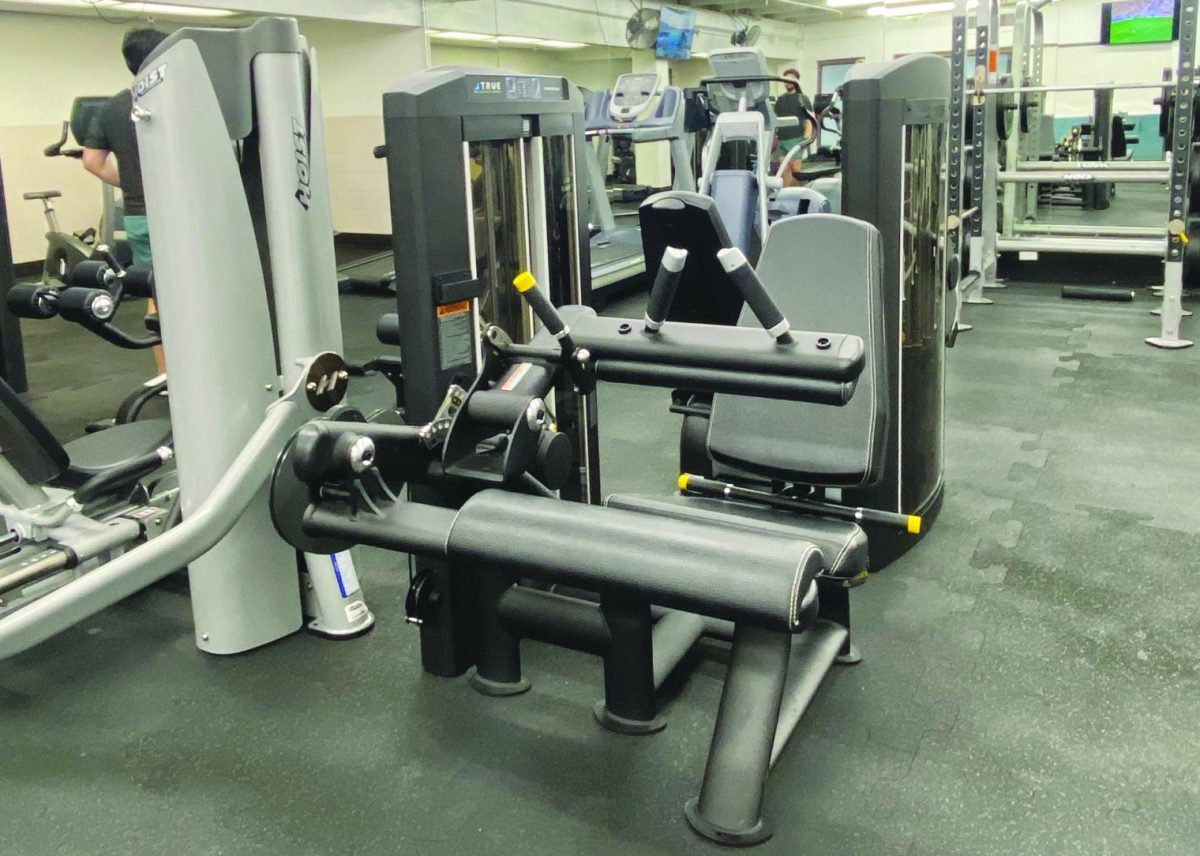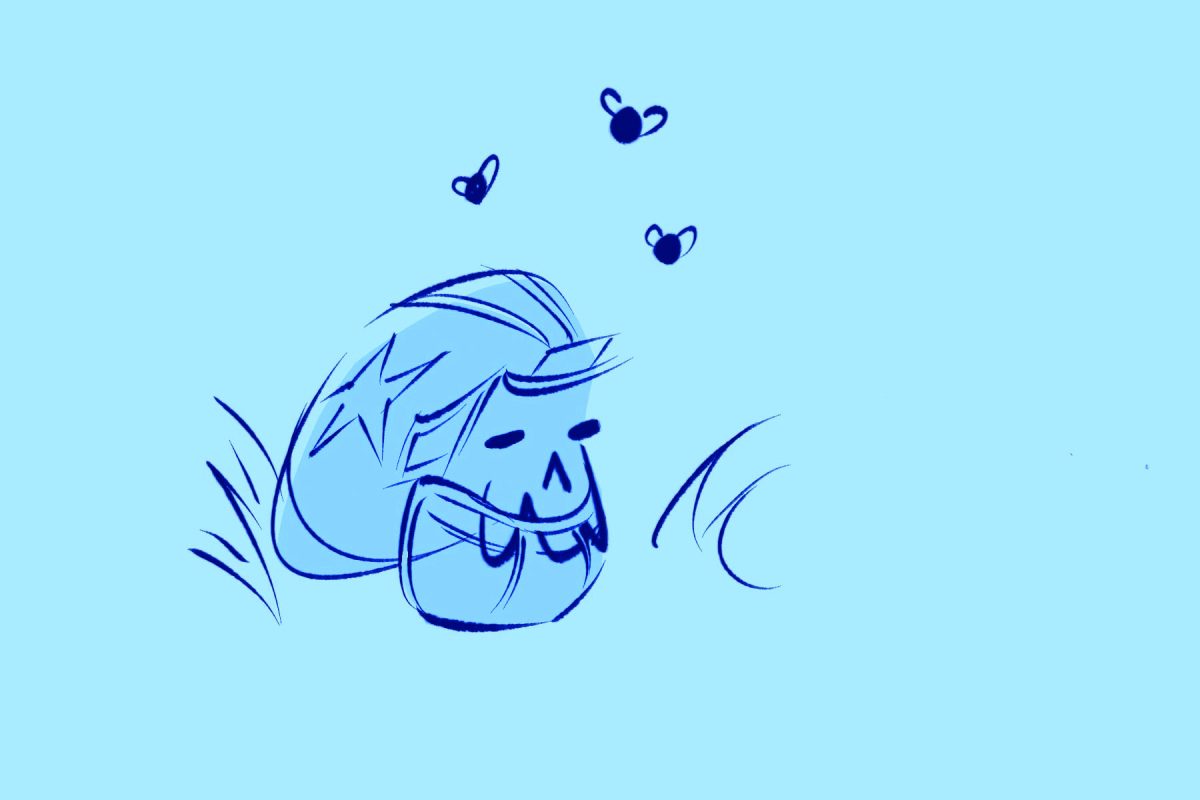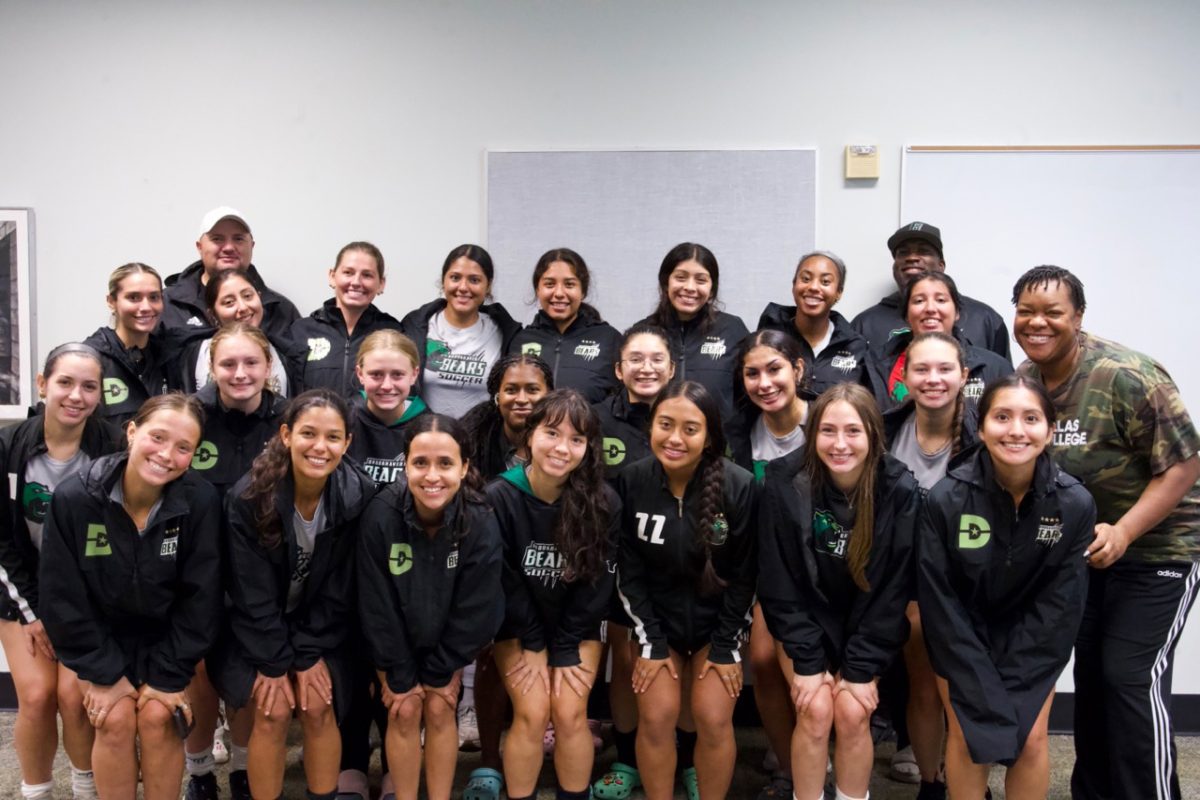Entering his third year, Shaquille Thomas, men’s baseball head coach at Brookhaven Campus, prepares for another season, discussing what he’s learned as a head coach.
Now having a few seasons as the head coach under your belt, what would you say are some things you have learned since your first year coaching?
ST: I would say the biggest thing, especially when becoming the head coach and trying to build a program, is making sure that you’re finding the right guys that fit whatever it is you’re trying to accomplish with building a program or culture.
Us coaches get good talented players, but guys may have different ideas, as maybe they’re not fully committed to the overall scheme of being a college student athlete. And that’s buying into the classroom, community and the team culture that is trying to be built … I think the hardest part is making sure they’re doing the paperwork, making sure they’re going into the study hall, all the other intangibles that go with being a student.
For me personally, I love to win, winning is great, but I also enjoy guys who I leave a mark on that end up leaving Brookhaven. You are going to have good seasons and bad seasons, but being able to figure out what guys bond together, that’s when you know you’ll have a good team.
With many sophomore players leaving, and new freshman and transfer players coming in, how are you as head coach going to adjust/help with having many new players on the team?
ST: Through the fall we started the process of getting guys to bond and become a team, doing activities together, weight room in the mornings [and] competing against each other to not have anyone feel like it’s just a given spot.
For transfers, we brought in a few guys that were just hungry. They want to prove a point this season to a lot of different people that counted them out, whether they were injured or whatever the case may be, and they didn’t get the opportunity they think they should have gotten. We also have some guys who were freshmen last year that I think will make a huge jump for us this year.
Do you think having so many fresh faces will impact the team dynamics/chemistry the team had last year?
ST: Last year’s team, I don’t think we were as deep in some positions. We thought we were early in the season, but we got in trouble with some injuries. This year we have the luxury of, especially in the infield positions, we got guys that can move all around the field.
Last year, we ended the spring season with one catcher, so we were switching in and out guys all throughout the year to just keep our main guy healthy. But yeah, last year, we were just not healthy enough, but I think we are much deeper this year.
How do you think the coaching staff reshuffle will impact you and the team?
ST: Our new pitching coach this year, Jake Buxbaum, played division two baseball in Florida and if anyone knows about the NCAA Division II baseball in Florida, it is extremely competitive. After he graduated, he ended up becoming last year the pitching coach for Ranger Junior College. He contacted me about being able to come here to take over some reins here, and I was all for it.
We struggled last year on the mound, whether consistently being in the strike zone, guys struggling to understand who they are as pitchers and just cleaning up some guys’ mechanics. He is also not that much older than the guys we have now, so he can relate and talk to those guys in a different aspect to get more out of them.
What do you hope to accomplish this season?
ST: Firstly, to stay healthy, which again we’ve been lifting Tuesday and Thursdays throughout this spring to try to keep our guys healthy and in shape for the long season up ahead. Secondly, on the academic side of things, having at least a 3.0 team GPA throughout the spring. That’s a goal that I want to have.
Lastly, be top of the conference. In sports it is hard to win, it’s hard to win conference championships, national championships, but I want to put our guys in the best position to be able to do so. I want our guys to have the exposure to being battle tested with our difficult schedule.
What advice would you give to anyone who wants to start coaching?
ST: Make sure you have a good mentor or good mentors, people you can relate to and trust. Also making sure that person is willing to help you throughout your career. I think those things go unnoticed, I don’t think I would be in this position that I’m in without the people I have met throughout my years.
I also believe that us coaches kind of take bits and pieces from different people to mold into our own program. Also, continue to learn because coaching is always going to be a forever learning process. You are going to learn year in and year out about yourself, the players and the evolution of the game overall.
You’ve mentioned in the past that your high school coach Brian Anderson was the one who inspired you to become a coach. You also received much support from Miss Elissa Burwell, who was your athletic director at Jarvis Junior College and Texas College, who helped you to start your coaching career. Do you still communicate with them?
ST: Yes, I talk to them daily, Brian Anderson is the principal now at my old high school, he stopped coaching a couple of years ago and just became the principal. I had a chat with him when I went back home during the Christmas break. He is like family to me. I remember when I was younger, he used to do the driver’s ed classes and he would give me his truck throughout the summers. I would go to work while he drove around in the driver’s ed car. So, he was like another father figure to me.
Now for Miss Elissa Burwell, she is currently retired and just enjoying her life. I would also like to include Anthony Macon; some people call him Happy. He is the pitching coach at Prairie View A&M.
What advice would you give to a young athlete who is hoping to make their college/university baseball team?
ST: Firstly, I would tell them to ask themselves: Is college baseball something they really want to do? Because it takes a lot of commitment, and throughout their commitment there are going to be times when you’re tired, you’re not going to be at your best, but you need to be able to give whatever is your 100% that day. You must be able to enjoy the process more than the playing. The playing part is easy, everyone wants to play and if everyone could you’d see everyone doing it. I think they say only 7% of high school athletes play college baseball, so with that in mind you have an opportunity right now, but many call it quits because they are not truly committed.
Is there anything you would like the students, staff and faculty to know about you that they might not know?
ST: Well, fun fact is I’m from a small town called Mansfield, Louisiana. I grew up and went to elementary all the way through high school in an even smaller town in Louisiana called Stanley. The school had about maybe about 330 people. I started playing high school baseball; I got my first start in the seventh grade.


